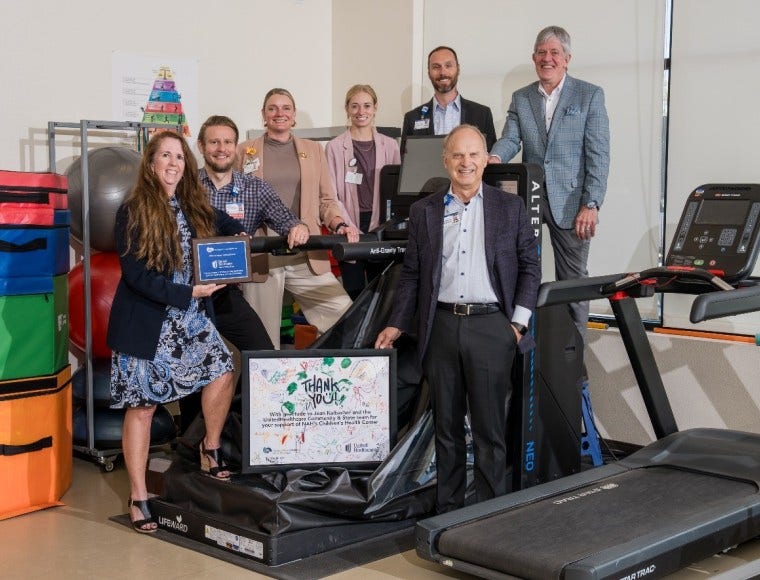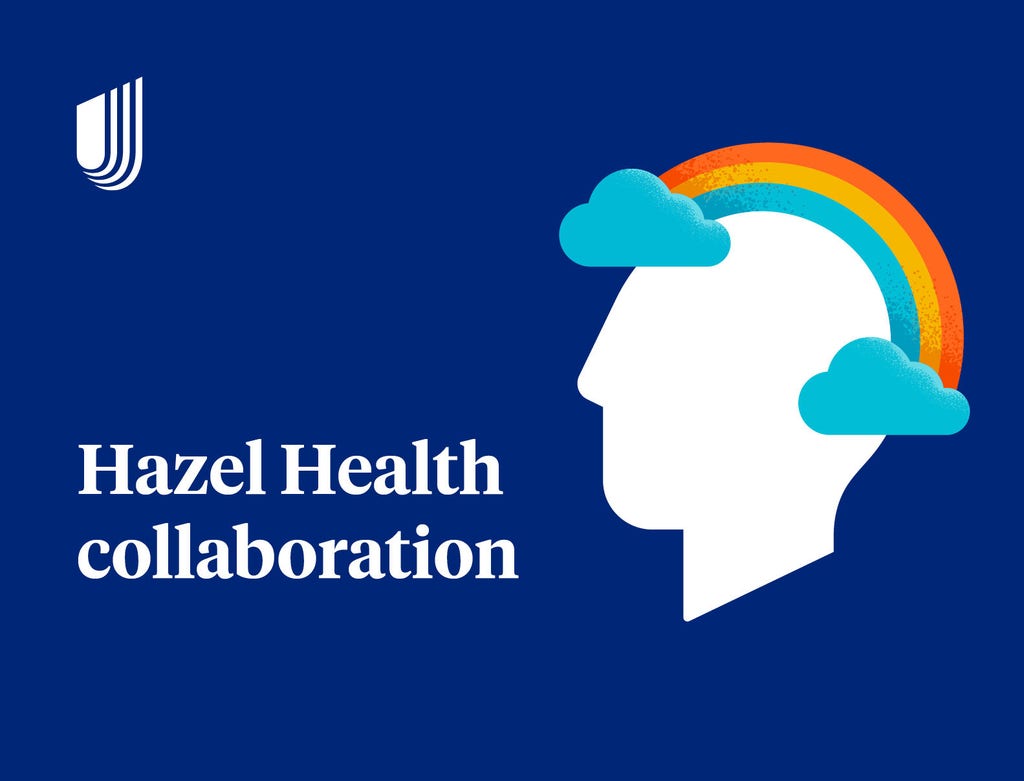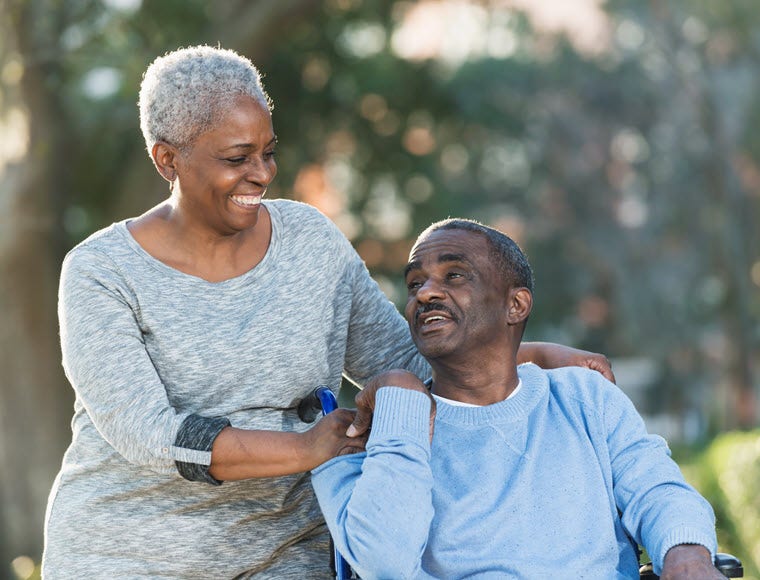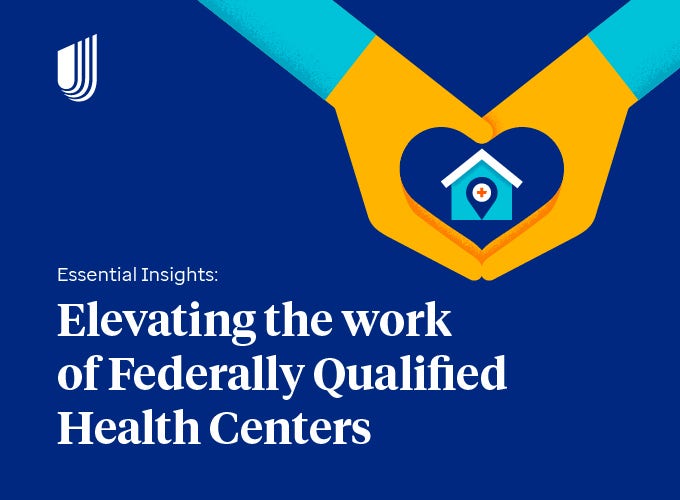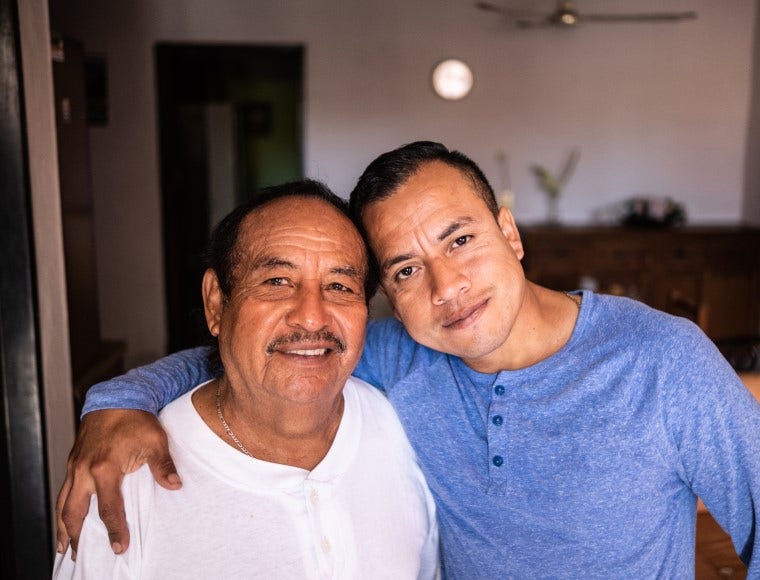Self-advocacy is essential for active participation in care and is necessary for care that is best suited to a patient’s needs. UnitedHealthcare’s National Advisory Board (NAB) is committed to fostering an environment that encourages self-advocacy of all ages. The following video is the third installment in a series highlighting self-advocacy opportunities across the age spectrum. In this final installment, Martha Roherty, Executive Director of Advancing States, leads a discussion about self-advocacy for older adults with two NAB colleagues.
ADvancing States represents the 56 state and territorial agencies on aging and disabilities and long-term services and supports directors.1 The association aims to improve and sustain state systems delivering long-term services and supports for older adults, people with disabilities and their caregivers.
Joining Martha in this discussion are NAB colleagues:
- Karyne Jones, President and CEO of the National Caucus and Center of Black Aging, Inc.
- The National Caucus and Center of Black Aging, Inc. is one of the country’s oldest organizations dedicated to improving the quality of life for older populations and the only national organization focused on minority and low-income aging.2
- Robert Espinoza, formerly Executive Vice President of Policy, PHI
- PHI is an organization that consists of trainers, researchers and policy experts collaborating with direct care workers to transform care for older adults and disability services.3
The NAB board members discuss the lack of self-advocacy within the older adult population, opportunities for family members, caregivers and providers to encourage advocacy and the impact of self-advocacy on health equity. Karyne closed the discussion with a final thought: “If we provide tools and education to older adults, their self-advocacy will grow. This could make a difference for every generation.”



